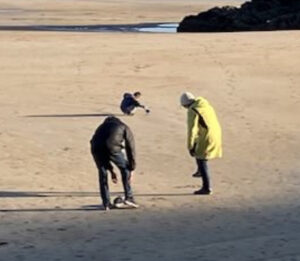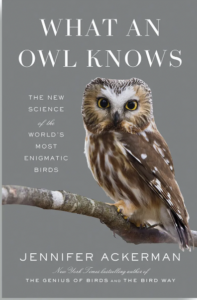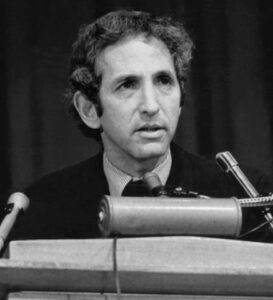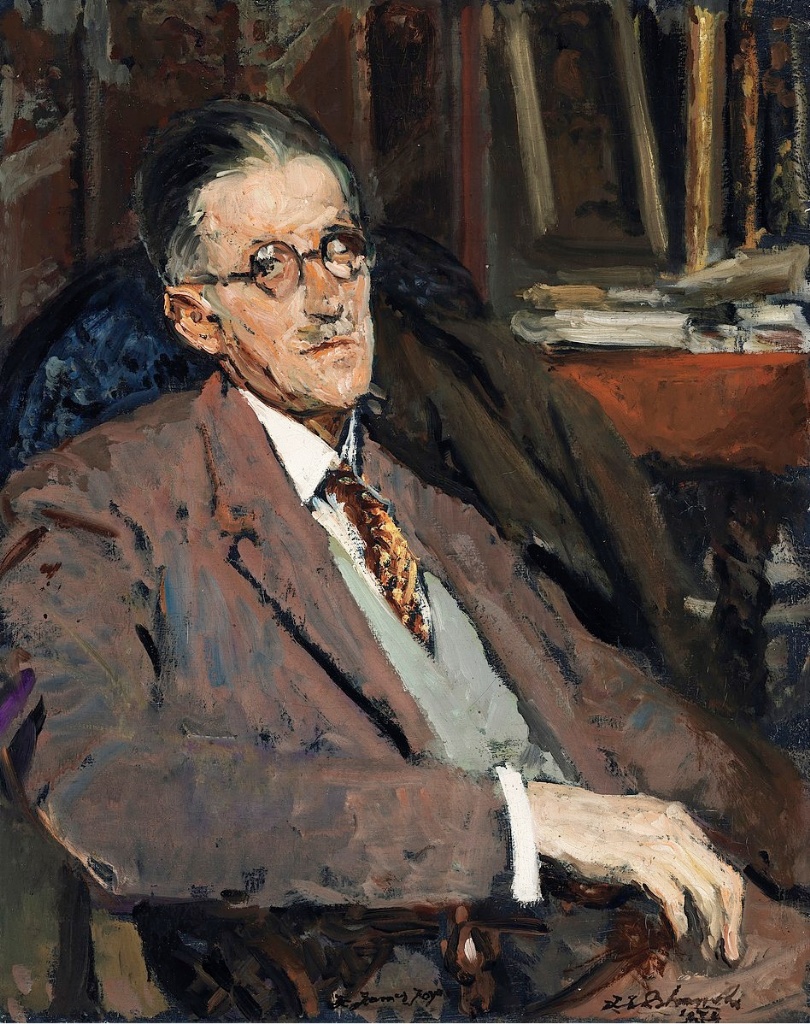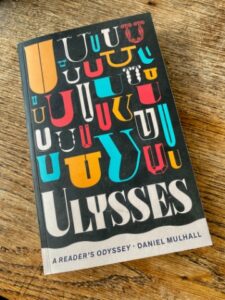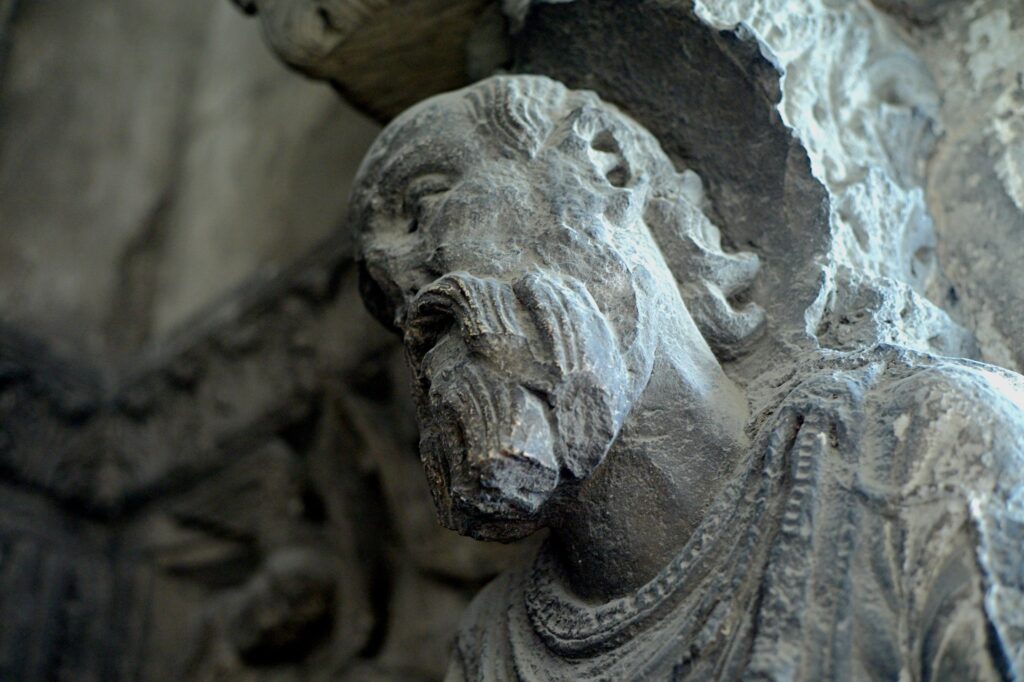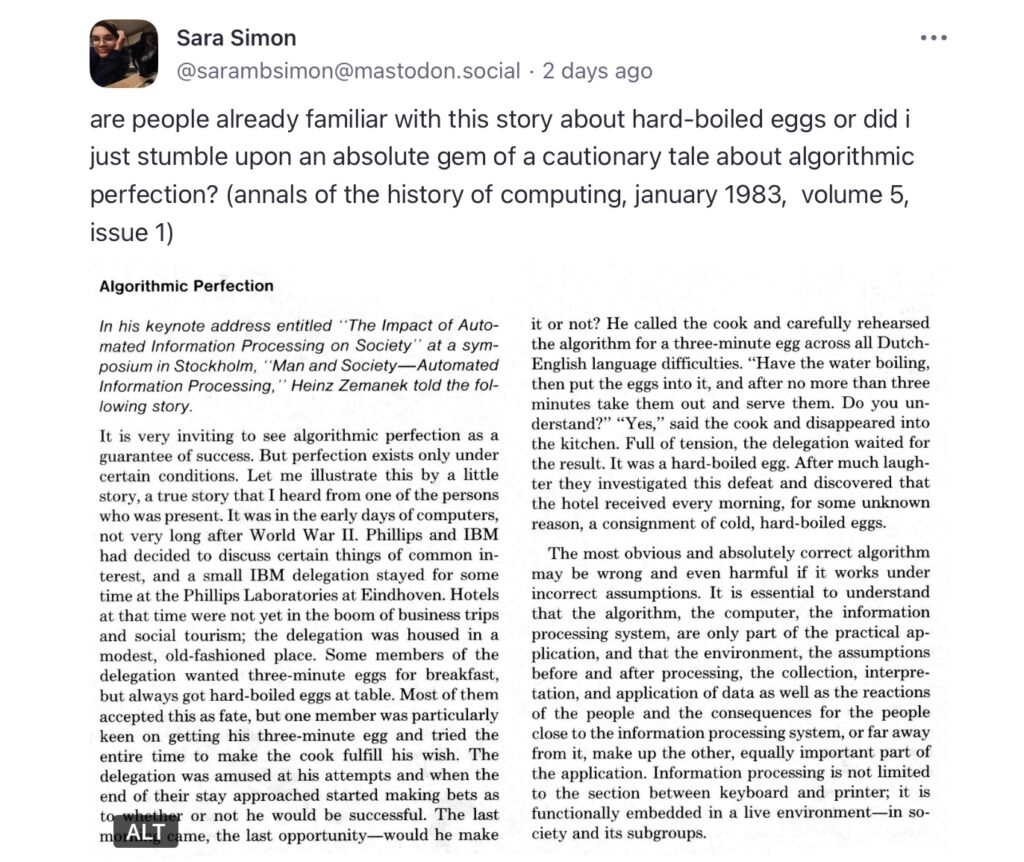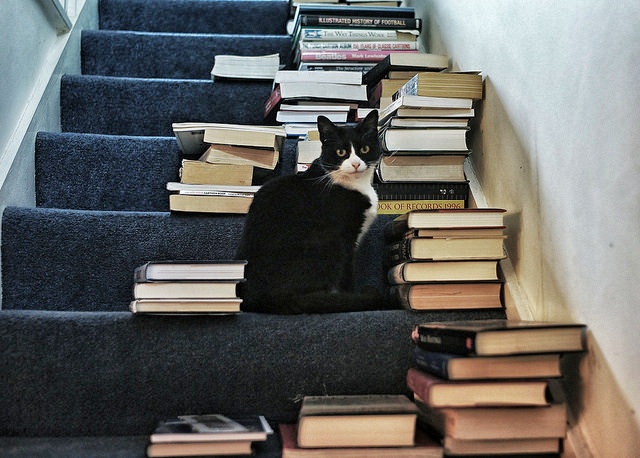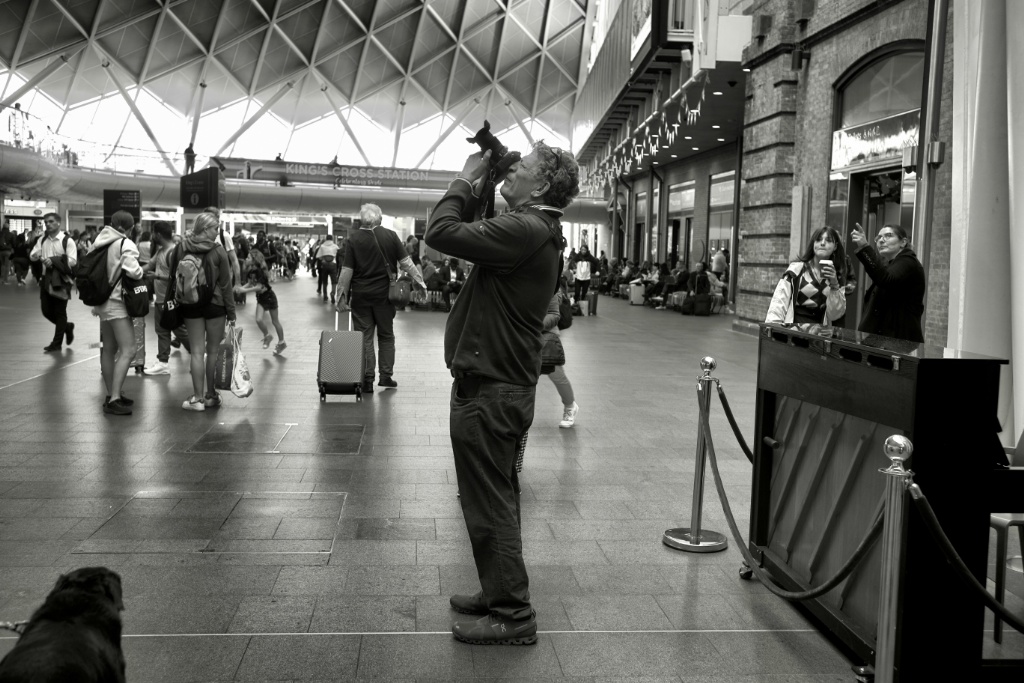Street Art UK-style
The UK has, for some reason (possibly connected with Brexit) become the world capital of potholes. Some streets in Cambridge look as though they had been intensively bombed by small mortar rounds. Periodically, chaps from the local council come round with spray cans to mark the most dangerous holes and then a few days later a team arrives and fills it hastily. Often, though, it turns out to be only a temporary repair. Some in our village have been ‘repaired’ three times.
So you can perhaps understand why one is not entirely convinced by Prime Minister Rishi Sunak when he talks about making Britain “a world-leading tech power”. Fixing the country’s roads would be a good start on that ambitious journey.
Quote of the Day
“Language is a cracked kettle on which we beat out tunes for bears to dance to, while all the time we long to move the stars to pity.”
- Gustave Flaubert
Musical alternative to the morning’s radio news
Holst | The Planets – II. Venus, The Bringer of Peace
Eerie and beautiful.
Long Read of the Day
The Casual Ignominy of the Book Tours of Yore
Wonderful memoir by John Banville.
Sample:
One day in 1990, I was flown first class from Dublin to Phoenix, Arizona, to read at the Irish Cultural Centre there. Five people turned up to listen to me. None of them had read my books, and it was clear that none of them had the slightest intention of doing so. They were the sons and daughter of Irish immigrants, and were there simply to see a real, live son the Oul Sod.
That was the beginning of a tour that would take me to ten cities in nine days. Here are some of the highlights, or lowlights, of that jaunt and others like it.
Chicago, the Windy City, was extremely windy that raw autumn evening as I walked from my hotel to the nearby branch of the now defunct Borders bookshops. I was greeted by the store’s beaming and breathtakingly beautiful Chinese-American manager. She led me to a far corner, past the Self-Help section and next to the Occult shelves, where there waited for me a brave little band of readers in overcoats and mufflers, shuffling their frozen feet and blowing into their fists. Twenty-odd, say, a few of whom were distinctly odd, as usual —every reading, as every writer will tell you, attracts at least a couple of maniacs.
Lovely stuff. Do read it all.
What is it with Trump and ‘his’ boxes?
Maureen Dowd’s column on Trump’s box-obsession:
During his presidency, The Times reported, “his aides began to refer to the boxes full of papers and odds and ends he carted around with him almost everywhere as the ‘beautiful mind’ material. It was a reference to the title of a book and movie depicting the life of John F. Nash Jr., the mathematician with schizophrenia played in the film by Russell Crowe, who covered his office with newspaper clippings, believing they held a Russian code he needed to crack.”
The aides used the phrase — which turned up in the indictment — as shorthand for Trump’s organized chaos, how he somehow kept track of what was in the boxes, which he held close as a security blanket. During the 2016 campaign, some reporters said, he traveled with cardboard boxes full of real estate contracts, newspaper clippings and schedules, as though he were carrying his world around with him.
The guy likes paper. And, like Louis XIV, he believes “L’État, c’est moi.” His favorite words are personal pronouns and possessive adjectives. Kevin McCarthy is “my Kevin.” Army officers were “my generals.” Abdel Fattah el-Sisi was “my favorite dictator.” In the indictment, a Trump lawyer quotes Trump as warning, “I don’t want anybody looking through my boxes.”
Is he so addled by narcissism that he sees no distinction between highly sensitive documents belonging to the government and papers he wants to keep? He treats classified maps and nuclear secrets and a Pentagon war plan for Iran like pelts, hunting trophies, or family scrapbook items.
Answer: Yes, he is addled by narcissism. Boris Johnson is the same.
En passant: one of the thoughts triggered by the photographs of the shower-room in which he stashed some of those state papers is how naff the decor of Mar-a-Lago is.
My commonplace booklet
Bellingcat’s Online Investigation Toolkit
Wow! What a spreadsheet. Simple, yet powerful, tools.
This Blog is also available as an email three days a week. If you think that might suit you better, why not subscribe? One email on Mondays, Wednesdays and Fridays delivered to your inbox ay 6am UK time. It’s free, and you can always unsubscribe if you conclude your inbox is full enough already!



